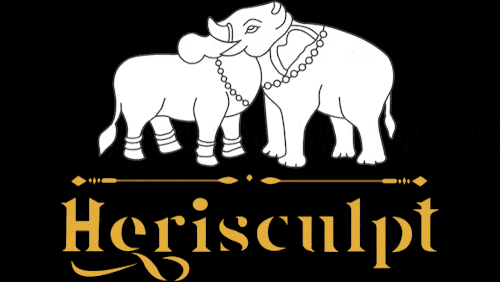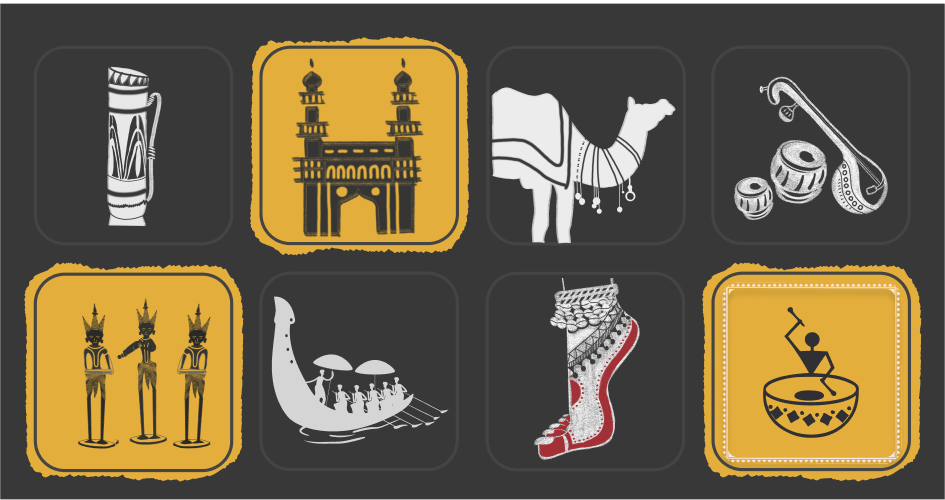Theyyam is a vibrant and ancient ritualistic art form from the Indian state of Kerala, known for its mesmerizing dance, music, and elaborate costumes. Rooted in the traditions of the Malabar region, Theyyam, derived from the word "Daivam" meaning "god," is a living cultural expression where performers embody deities, ancestors, and mythological characters.
During a Theyyam performance, the artist undergoes an elaborate transformation with the help of intricate face paintings, towering headdresses, and brightly colored costumes adorned with palm leaves, flowers, and metal ornaments. The process of becoming the deity is both a physical and spiritual journey, with the performer believed to be possessed by the spirit of the god or goddess they represent. This divine connection is at the heart of Theyyam, making it a powerful experience for both the performer and the audience.
Theyyam is not just a dance; it is a dynamic form of storytelling, where the performer enacts stories from folklore, ancient texts, and the region's history. The dance is accompanied by the rhythmic beats of traditional drums and the chanting of sacred verses, creating an immersive atmosphere that captivates all who witness it.
Performed mainly in sacred groves, temples, and village courtyards, Theyyam is an integral part of the cultural and spiritual life of Kerala’s northern districts. The rituals are often held during the festival season, spanning from October to May, with some performances continuing through the night until dawn.
Theyyam is a celebration of Kerala's rich heritage, where art, spirituality, and tradition converge to create a spectacle that is both awe-inspiring and deeply rooted in the community's beliefs and practices.


